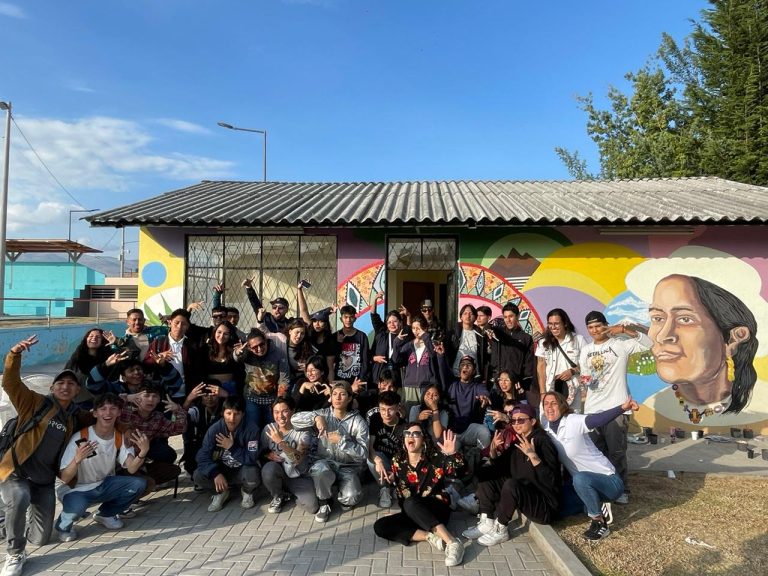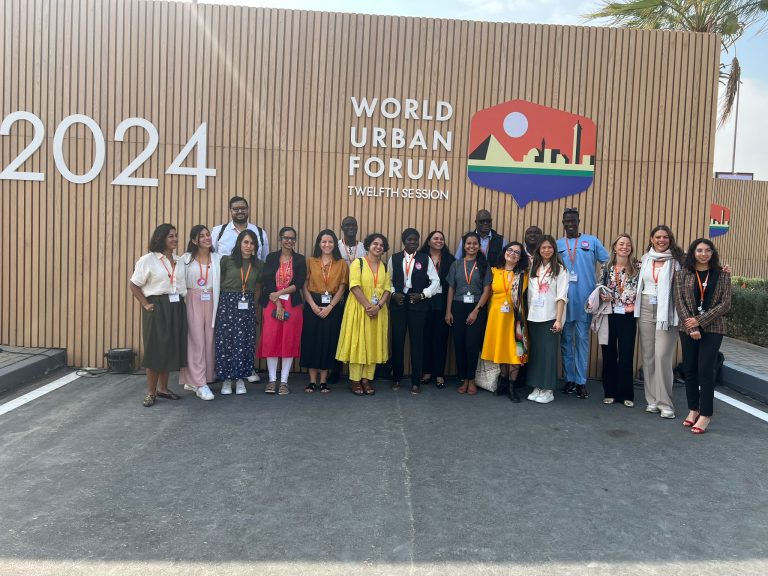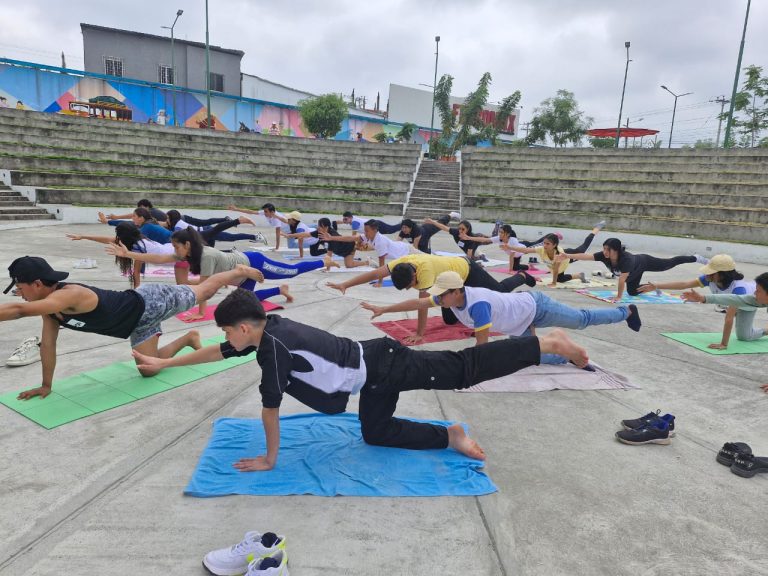Today, on World Health Day (April 7, 2025), the World Health Organisation (WHO) is launching a year-long campaign, Healthy beginnings, hopeful futures. This campaign urges governments and the global health community to intensify efforts to end preventable maternal and newborn deaths, and to prioritise women’s longer-term health and wellbeing. A key focus is addressing the challenges faced by adolescent girls in the Global South, many of whom are forced into early marriage and must leave school to support their families. The campaign aims to encourage collective action to support parents and health professionals providing critical care for women, girls and their communities.
As part of this ongoing effort, the WHO is hosting the PMNCH Partnership, which envisions a world in which every woman, child and adolescent can realise their right to health and wellbeing. This vision aligns with the Sustainable Development Goal (SDG) 3 “good health and wellbeing for all”, leaving no one behind.
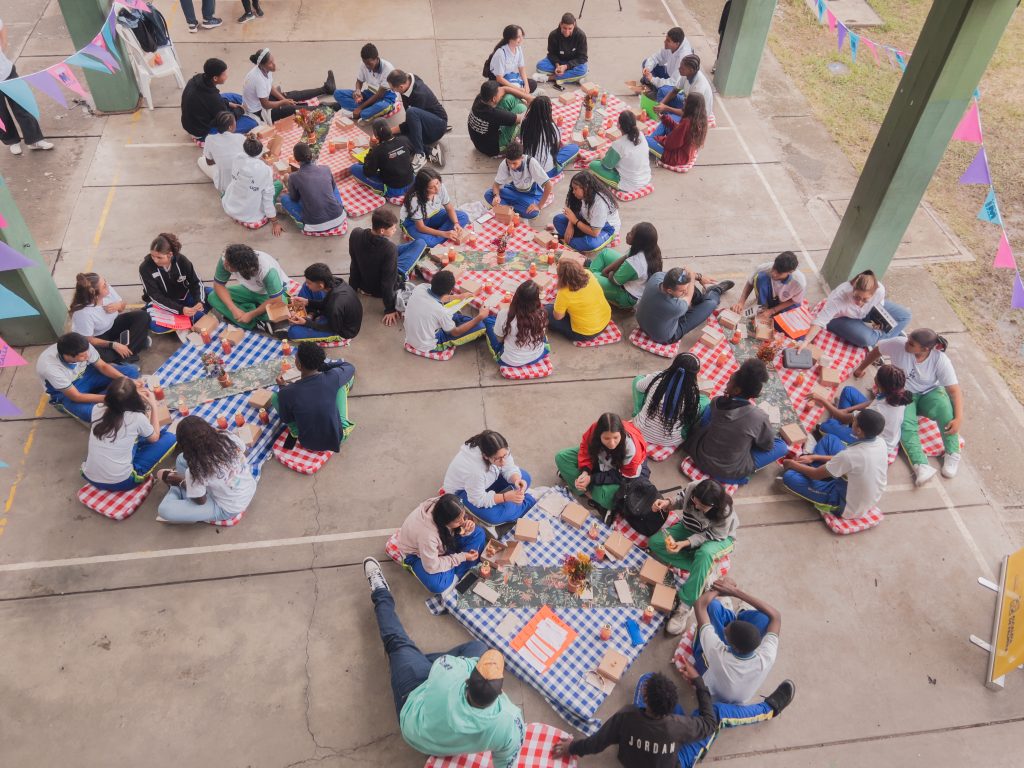
World Health Day is a global opportunity to reflect on the vital importance of health and well-being for all, and the social, economic and environmental factors that shape them (defined by the WHO as the social determinants of health). In this context, the Healthy Cities for Adolescents phase II (HCA-II) programme works to enhance urban health for adolescents, at both local and global levels, to ensure they have the opportunities, spaces, and support they need to thrive. By aligning with SDGs 3 and 11, HCA-II fosters physical environments that promote better urban health for youth across 17 cities in six countries. Below, we spotlight eight active projects within the programme, highlighting key social determinants of health such as mental health and green spaces, and showcasing how targeted actions lead to tangible outcomes for adolescent wellbeing:
Healthy Cities in Da Nang (Vietnam): From July 3rd to 7th, 2024, UNICEF Viet Nam hosted the Urban Photography Workshop in Da Nang. The “Our Cities, Through Our Eyes” workshop offered adolescents the opportunity to develop skills in photography, caption writing, and photo essay composition to contribute to evidence building on issues that concern them. Over the course of five days, young photojournalists captured powerful images and stories focused on key urban issues, including Healthy Nutrition—a theme raised by delegates from the Children’s Council during the 2024 annual Dialogue between Da Nang city leaders and children.
Safe Vibrant and Healthy Public Spaces (India): This project implemented in the cities of Jaipur and Bhubaneswar in India, recently demonstrated the value of adolescent-friendly public spaces through tactical urban pilots. Focusing on key wellbeing needs such as safety, play areas, and community connections, the events invited adolescents, community members, city officials, and others to experience healthy public spaces as envisioned by adolescents across different typologies: neighbourhood parks, streets, and city-level open spaces. These pilots were grounded in the Public Spaces Assessment Framework, co-developed with adolescents, communities, and local organisations. They specifically addressed the needs of underserved communities and adolescents with disabilities (in Bhubaneswar), fostering inclusive, participatory, and sustainable efforts to enhance the health and wellbeing of adolescents.
Vivo Mi Calle (Colombia): As part of the project’s advocacy activities, the “Picnic Vivo Mi Calle Palmira” provided a space for 39 students from the Antonio Lizarazo Educational Institution to engage with five key decision-makers and advocates from the educational institution, the neighborhood, the city, and at the national level. This activity aimed to position youth as active and valuable participants in the urban planning process, emphasising their important role in shaping public spaces and ensuring their use benefits adolescents’ physical and mental wellbeing. The Mayor’s Office in Palmira, through its Palmira Es Mi Casa programme, supported the event in line with the memorandum of understanding (MoU) signed with the project, which outlines the administration’s commitment to fostering youth advocacy and transforming public spaces to make Palmira a healthier city for adolescents.
Alza Tu Voz (Ecuador): Various activities have been carried out to promote adolescents’ mental health throughout the project lifecycle. In Riobamba, in collaboration with the “Entre Grandes y Pequeños” Narrative Foundation and local artists, the “CreArte: Wellbeing through Art” workshops were held, where 36 adolescents participated in art therapy activities, theatre, dance, sculpture, painting, and music over six weeks. These workshops provided a space for adolescents to acquire self-care tools, emotional expression, and psychoeducation. In Quevedo, in partnership with the Ministry of Health, a podcast was created on mental health and suicide prevention, where adolescents openly discussed taboos and stigmas surrounding the topic. Additionally, workshops on sexuality and gender-based violence were conducted with the Ministry of Women and CEMOPLAF, an institution dedicated to offering health services and products. This was complemented by a yoga morning organised by the Nucleus group, further promoting participants’ overall wellbeing.
Resilient City for Adolescents (Ghana): In March 2025, RCA hosted the Annual Adolescent Games, which combined sports and recreation with structured health education. This initiative was conducted in collaboration with the Ghana Health Service, particularly the Regional Health Information Unit, and focused on adolescent reproductive health and drug abuse prevention. Over 100 adolescents from nine constituencies in Sunyani participated. During the event, engaging educational sessions were held on the sidelines, covering topics such as: the importance of delaying sexual initiation and using contraception to prevent unplanned pregnancies, common myths and facts about sexually transmitted infections (STIs), the link between substance abuse and risky sexual behavior, the impact of teenage pregnancy on school retention and future opportunities.
Young and Safe (Ghana): The project’s Bootcamp is designed to support the holistic wellbeing of young people in Ho, focusing on sexual and reproductive health, mental health, and cyber hygiene, empowering young participants with knowledge and tools to thrive both online and offline. In collaboration with the Ghana Health Service and Ho Municipal Hospital, the Bootcamp provides expert counselors and health professionals who offer comprehensive education and training on reproductive health. For mental health support, the Ghana Education Service partners with the Ghana Psychological Association to develop tailored teaching materials. A key outcome of this Bootcamp is the creation of safe spaces for participants to share personal challenges, resulting in the identification and reporting of cases of sexual abuse, domestic violence, and mental health concerns. These cases have since been escalated to the Ghana Education Service for appropriate follow-up and resolution.
Fort Pour le Futur (Senegal): Young people have actively engaged in with local authorities to progress advocacy, highlighting the urgent need to improve adolescent health in their communities. Following a series of consultations with peers and stakeholders, young people identified key issues hindering their development, which were prioritised for city advocacy. Recognising the importance of investing in this age group for a healthier, more productive future, the city of Pikine, supported by the Secretary General, has committed to allocating specific resources to address adolescent needs and involving them in decision-making processes that affect their wellbeing. In the city of Thies, the project supported the development of an operational health plan for local authorities, specifically the POCT-HEALTH tool, which facilitates integrated planning and resource mobilization for health development. This plan, created with input from young people and key health stakeholders, prioritizes the health and wellbeing of adolescents, ensuring that funding and resources are directed toward their needs in the 2025-2026 plan.
My Path, My Pledge (Senegal): As part of the Mental Health Project for Adolescents and Youth in Tambacounda and Kolda, the project successfully organised a stakeholder forum to present the findings from the Needs Assessment and Co-Design (NACD) phase. Held in both cities, the event brought together local authorities, educators, community leaders, and young people to discuss key insights and shape the next steps for integrating mental health into local youth policies. The Prefect of Tambacounda and the Mayor of Kolda expressed strong commitments to supporting the initiative, recognising the urgency of addressing adolescent mental health challenges. Their engagement, alongside local stakeholders, ensures the project will be deeply rooted in community structures and governance frameworks, prioritising mental health for young people. This milestone marks a significant step toward sustainable interventions, youth empowerment, and strengthened multi-sectoral collaboration to advocate for mental health and wellbeing.
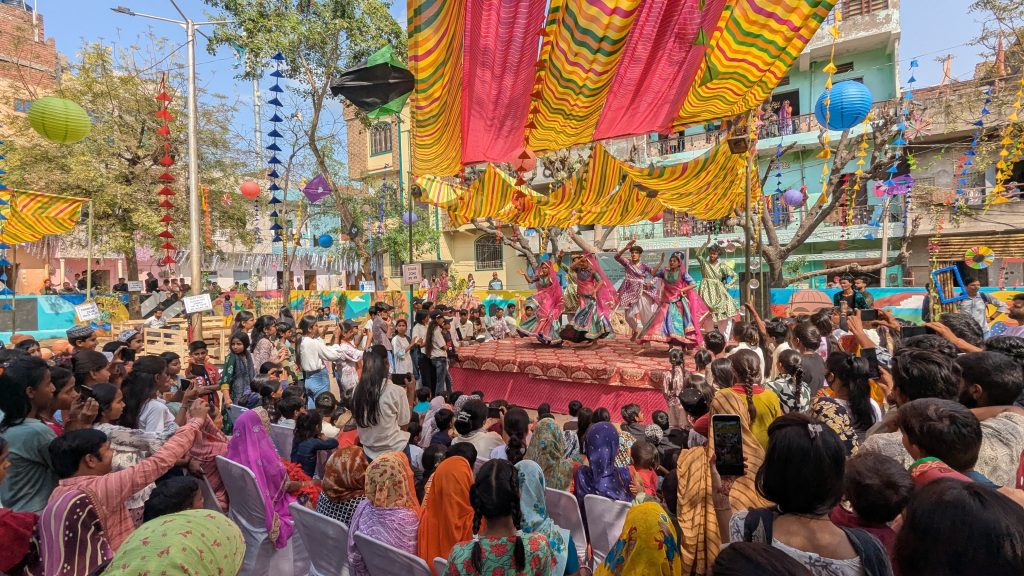
World Health Day serves as a timely reminder of the critical importance of advancing health and wellbeing for all, particularly adolescents. At HCA-II, we continue to prioritise adolescent health, aligning our efforts to promote SDGs at the local, grassroots level and working towards creating healthier, more inclusive urban environments for current and future youth. HCA-II prioritise local to global partnerships to promote SDGs and progress this ambition. At the World Urban Forum in 2024, we organised a workshop with WHO which featured nine HCA-II projects and highlighted the need for cross-sectoral partnerships and the invaluable role of shared learning between practice and policy. Through dialogues and collaborative learning, we are shaping a future where adolescent health and wellbeing are at the forefront. By sharing knowledge and insights across regions and sectors, we can continue to enhance our collective efforts and build stronger, healthier communities for adolescents worldwide.
